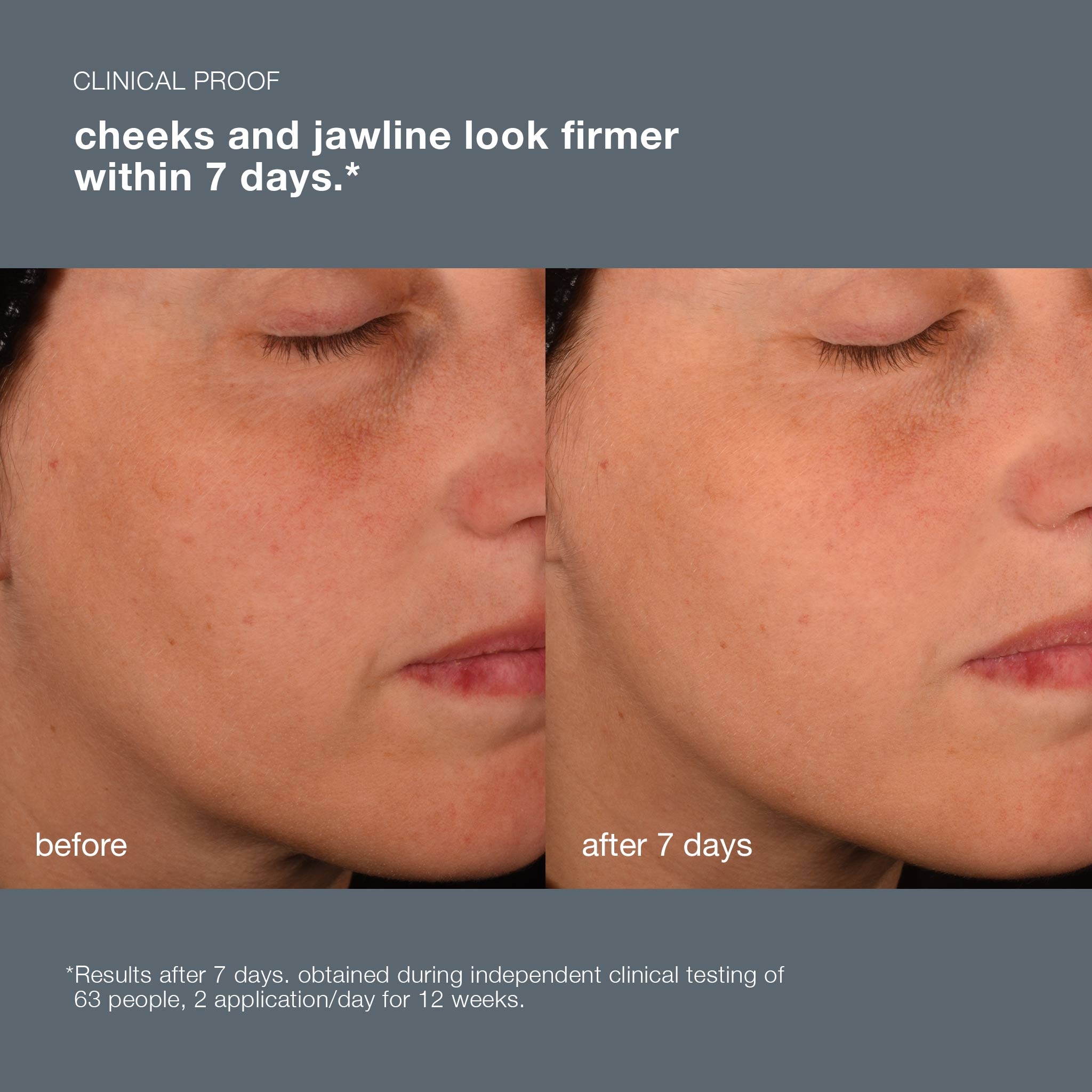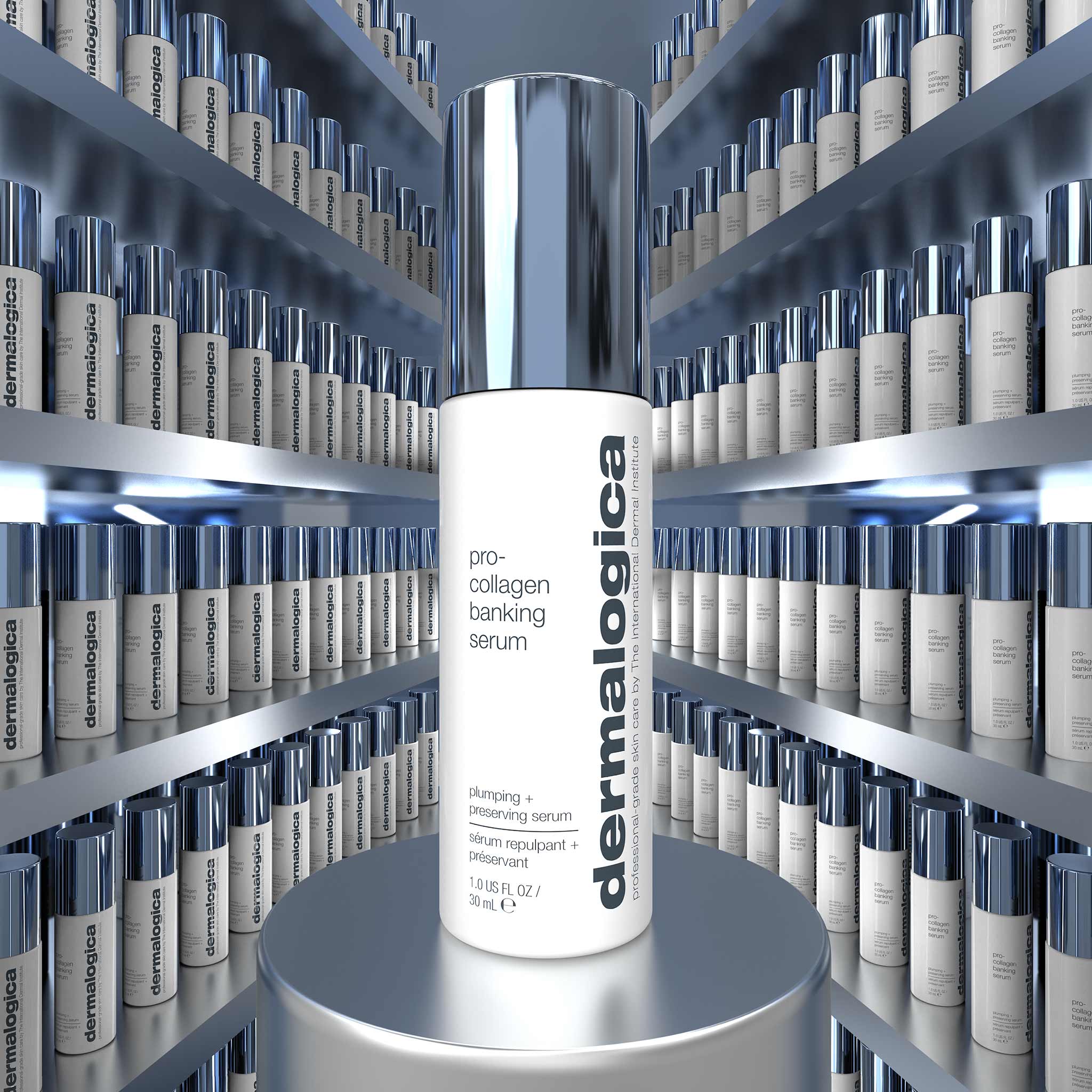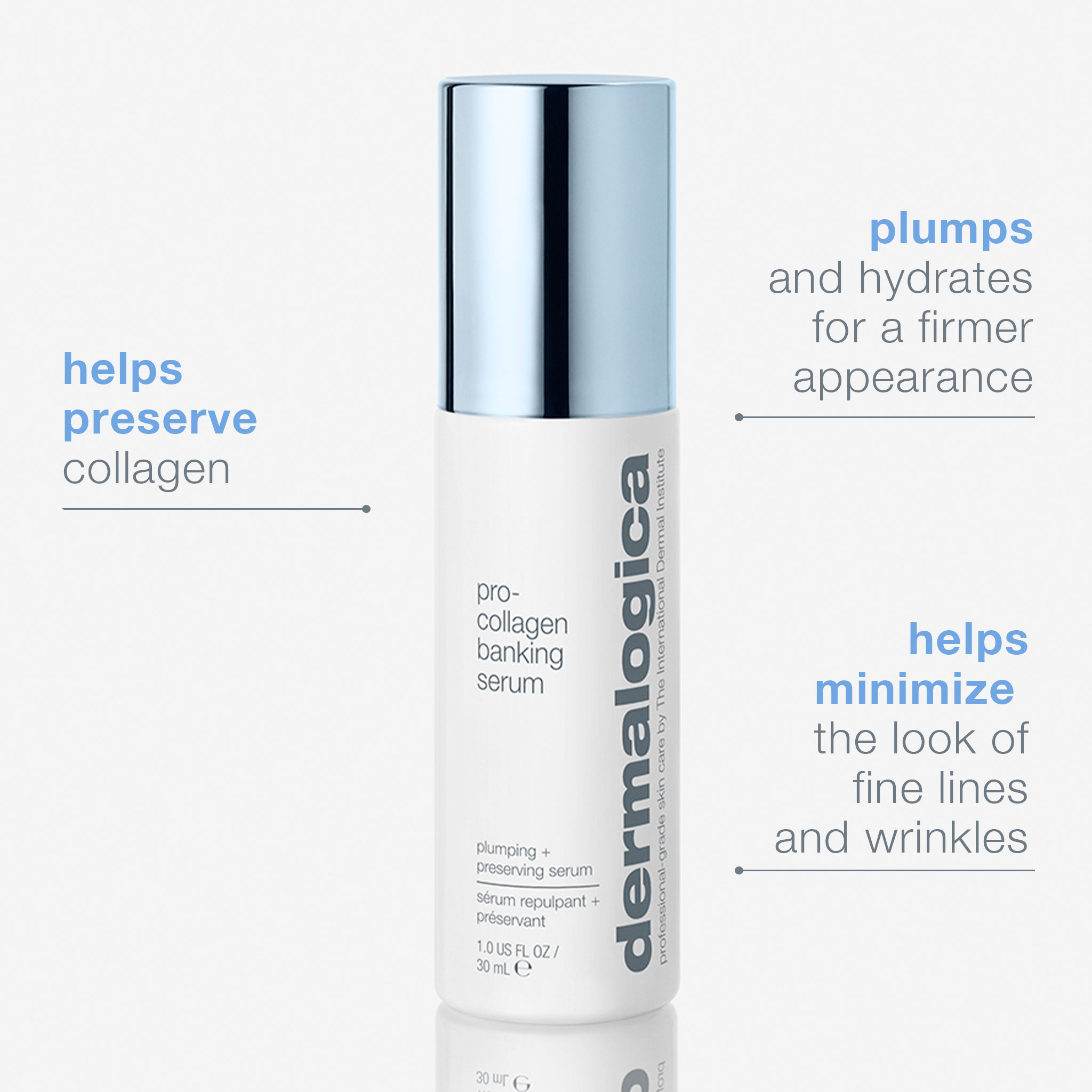What is collagen?
Collagen is a protein found in the body and gives skin its strength and elasticity. Proteins are made from amino acids. The main amino acids that make collagen are proline, glycine and hydroxyproline. These amino acids group together to form protein fibrils in a triple helix structure, giving strength and flexibility to the protein. Your body also needs the proper amount of vitamin C, zinc, copper and manganese to make the triple helix.
Why do we need collagen?
Collagen is the most abundant protein in your body. It accounts for about 30% of your body’s total protein. Collagen is the primary building block of your body’s skin, muscles, bones, tendons and ligaments, and other connective tissues. It’s also found in your organs, blood vessels and intestinal lining.
Collagen is the key to maintaining youthful-looking skin. It provides the framework that keeps our skin taut, wrinkle-free, and resilient. Collagen also aids in wound healing and tissue repair, as it forms a ‘scaffold’ for the growth of new tissue. Essentially, collagen is the foundation for glowing, healthy-looking skin.

Are there different types of collagen?
There are over 28 types of collagen in the human body – but the majority of collagen in the skin (80-85%) is Type I collagen, which is responsible for skin’s overall structure. Skin also contains Type III collagen (10-15%) for support and flexibility.
How do we lose collagen? / What is collagen degradation?
Your body produces less collagen as you age, and existing collagen breaks down at a faster rate. The collagen is also lower in quality than when you were younger. Collagen naturally declines at a rate of 1-1.5% per year after the age of 30. As this happens, skin’s structure becomes less organised – resulting in fine lines, wrinkles, and sagging skin.
Various factors contribute to collagen degradation:
- Age: fibroblast (a type of skin cell) activity naturally declines as we age. Because fibroblasts produce collagen, a decline in collagen production is inevitable.
- UV exposure: UV rays further accelerate collagen breakdown.
- Environmental pollution: air pollutants and particulate matter can also degrade collagen.
- Smoking: smoking decreases collagen production. It damages collagen and elastin, leading to wrinkles and slow wound healing.
- Chronic stress: long-term stress triggers the release of hormones like cortisol, which can negatively impact collagen.
- Diet: eating too much sugar and refined carbs. Sugar attaches to proteins to form advanced glycation end products. These molecules damage nearby proteins and cause collagen to become weak, dry and brittle.
Do collagen creams work?
Collagen molecules are too large to penetrate the skin’s surface. So, while so called collagen creams can help with hydration and temporary plumping, they can’t actually boost skin’s collagen levels. However, advanced skincare products formulated with peptides and amino acids can help promote collagen production by providing the building blocks skin needs and can protect skin’s reserves, supporting visibly plumper skin.
Collagen supplements vs topical skin care / Should I get my collagen through supplements or topical skin care?
Collagen can’t be absorbed by the skin or the gut in a whole form. For collagen boosting results it’s important your topical cream or ingested supplement contains the building blocks the body needs to make collagen, namely smaller peptides or amino acids.
Oral collagen supplements usually contain two or three amino acids. They are sold as collagen peptides or hydrolyzed collagen. Collagen peptides are absorbed through your gastrointestinal tract. What’s important to note is that ingesting collagen peptides can’t be directed to where you want them to be used. Your body uses these peptides for whatever it needs. Using a collagen boosting skin care formula with clinical results to prove the skin plumping benefits ensures targeted and quicker results where you want them on your face.
Vitamin C analogy – Vitamin C is known for its skin brightening, firming and skin defending antioxidant benefits; even if you were taking a Vitamin C supplement daily for general good health, you would still want to apply a topical Vitamin C serum to achieve noticeable skin results. The same theory applies for collagen supplements. Daily topical application of an advanced pro-collagen serum will achieve visible skin results within a few weeks. Combine that with a healthy lifestyle and diet supplemented with a quality collagen supplement will help support overall health and wellness.
What treatments boost collagen?
When it comes to boosting collagen there is one obvious standout treatment – microneedling. Sometimes referred to as collagen induction therapy, microneedling is a minimally invasive service where tiny needles create micro-channels on the skins surface. This in turn stimulates the skin to dramatically accelerate collagen production.
Dermalogica’s Pro Microneedling treatment is an advanced transformative treatment, combining a powerful skin peel and microneedling, offering unparalleled benefits and guaranteed results for smoother, firmer, radiant skin!
Other skin treatments to boost collagen in the skin via micro-injuries and controlled wound healing include chemical peels, radio frequency, and laser resurfacing. Injectable fillers such as Profhilo and Sculptra are another option to boost collagen along with the non-invasive option of LED light therapy.
How to maintain professional treatment results and protect new collagen.
Whether you choose a natural approach to boosting collagen through diet and lifestyle or opt for treatments such as microneedling, radio frequency or even fillers to help prevent premature skin ageing, using Dermalogica’s Pro-Collagen Banking Serum daily is 94% more effective in preserving skins collagen versus untreated skin and plumps skin with clinical studies showing firmer cheeks and jawline within 7 days. Making it the perfect partner to any collagen boosting techniques.

What else can I do to boost collagen? How can I naturally help boost collagen?
You can help your body make collagen naturally by eating a well-balanced diet full of healthy foods rich in antioxidants, essential fats, and vitamins. Include lean protein, dairy, eggs, plants, vegetables, whole grains, and citrus fruits. To prevent damage to the collagen in your skin from lifestyle and environmental factors, don’t smoke, avoid second-hand smoke, limit stress and wear sunscreen every day.



